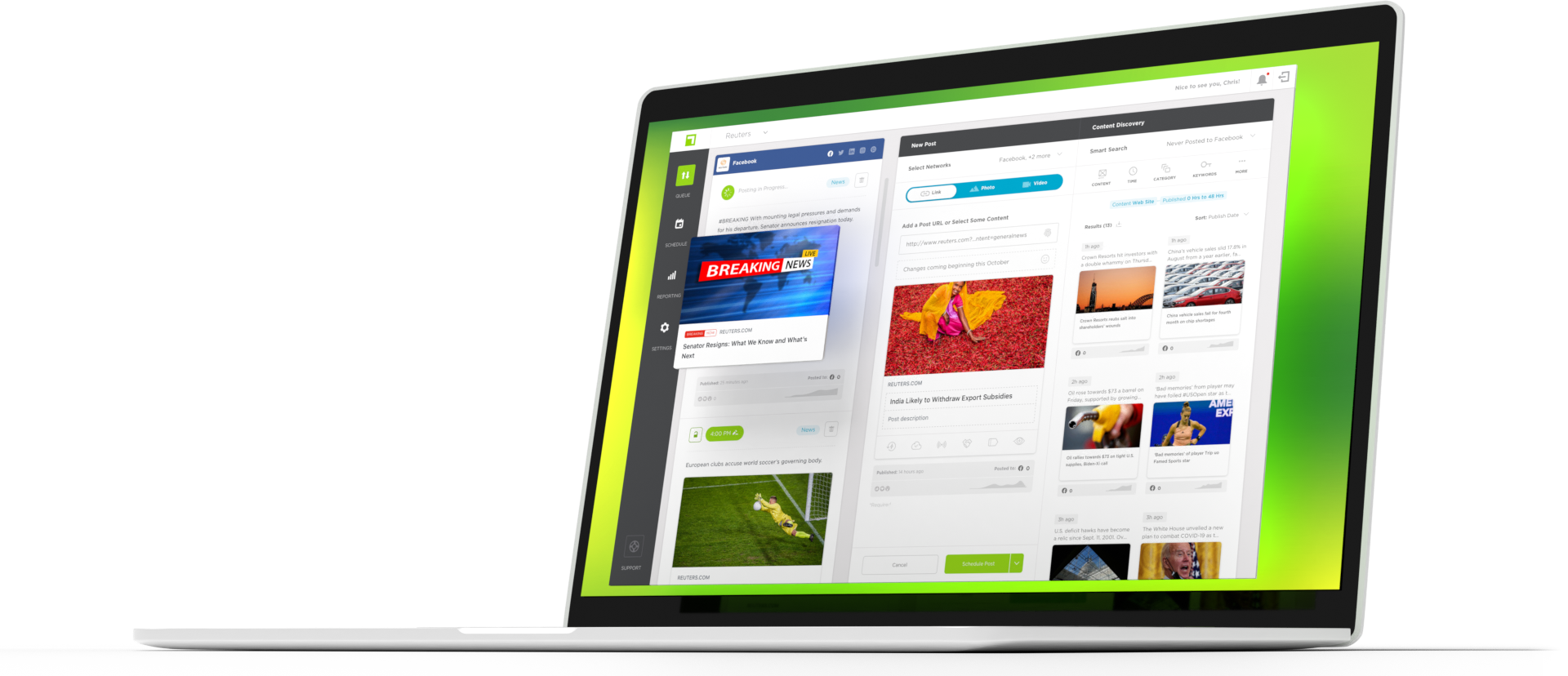Meta tags are a critical piece of social and search success. At True Anthem, we see a lot of metadata. Like, a lot. Metadata is one of the most important pieces of the puzzle when it comes to optimization. While almost every publisher now recognizes the value of using meta tags to help optimize content distribution, sometimes the execution is a bit harder. We’re going to take a look at how to avoid some of the most common meta tag mistakes.
Publishers who use popular platforms like WordPress and Drupal often use plugins such as Yoast SEO to generate meta tags. If used correctly, these plugins do a pretty good job creating meta tags that will help optimize search and social. Meta tag implementations can be tricky for publishers who have their own content management systems or more complicated requirements.
If you’d like a broader look at metadata best practices, here’s an article that may help.
Which tags should be standard for article content?
Describing the uses and specifications of each meta tag is a massive endeavor in and of itself, so we’ll do our best to point out what we believe are the highest-priority tags and link to resources for each.
Search optimization meta tags
Page title—MOZ’s title tag documentation
Meta description—MOZ’s meta description documentation
Canonical link—Google’s canonical link documentation
Facebook Open Graph tags
Facebook introduced Open Graph tags in 2010. The tags let publishers determine how their content will look when it is shared on Facebook.
Here are the Open Graph tags we think are the most valuable for publishers:
- og:title
- og:description
- og:type
- og:image
- og:url
- article:published_time
- article:author
You can read more about Open Graph tags on ogp.me and in the Facebook Developers documentation.
Twitter Card tags
In 2012, Twitter launched their own meta tags, which they call Twitter Cards. These tags help describe and mark up content for display on Twitter. You can learn more about Twitter Cards from their documentation.
What are the common mistakes publishers make with their meta tags?
1. Duplicate tags
We often see this mistake with WordPress implementations. A lot of WordPress plugins, while valuable for one thing, end up having some overlapping features. This often includes the ability to create social meta tags. The problem is that when multiple sets of tags are generated, they can pull in different values from different content fields. Editors may edit and optimize content that is displayed properly in one set of tags but lost to the other set. Depending upon which set of tags is shown first in the HTML, the edited copy may never be used for social sharing.
2. Lack of a hostname in URL tags
Tags such as canonical URL and og:url should always have a hostname and be absolute links. Sites that output these tags with relative links are not likely to get any value from the tags.
Use this structure:
http://www.example.com/article/article-headline
Not this structure:
/article/article-headline
3. Appending tracking parameters to canonical link and Open Graph URL tags
URL tracking, such as Google Analytics UTM codes, can provide valuable insight to publishers around their marketing efforts and traffic sources. However, they should not be part of the canonical URL or Open Graph URL tags.
Incorrect:
<meta property=”og:url” content=”https://www.trueanthem.com/blog/author-tags-facebook-story-previews/?utm_source=social&utm_medium=facebook”/>
Correct:
<meta property=”og:url” content=”https://www.trueanthem.com/blog/author-tags-facebook-story-previews/”/>
4. Not encoding HTML quote characters
Article titles and descriptions often use quotes and other special characters in their copy. However, when you output these fields’ title and description tags, special characters need to be encoded to display correctly in the HTML. In the case of quote characters, they will close the meta tag and cause share messages to be truncated. In short, it messes up the HTML when you use quotes.
Incorrect:
<meta property=”og:title” content=”This Title has “Quotes” used incorrectly” />
Correct:
<meta property=”og:title” content=”This Title has “Quotes” used correctly” />
5. Not stripping HTML tags
Sometimes it makes sense to stylize headlines with bold tags, italic tags, or other HTML elements. These tags should be stripped from data before the copy is HTML encoded and outputted to meta tags.
Incorrect:
<meta property=”og:title” content=”<i>Show Title<i> executive producer says show is a hit'”/>
Correct:
<meta property=”og:title” content=”Show Title executive producer executive producer says show is a hit'”/>
6. Using the wrong datetime format for Open Graph date tags
The Open Graph standard has several article tags with datetimes, such as article:published_time and article:modified_time. These tags should be outputted in a specific datetime standard called ISO 8601. Often, we see the datetime values outputted in a number of standards that are not in the ISO 8601 format.
Incorrect:
<meta property=”article:published_time” content=”Mon Jul 27 02:16:57 2015″/><
Correct:
<meta property=”article:published_time” content=”2015-07-27T10:53:04+00:00″/>
7. Not using an Author Tag
Adding authors to your Facebook posts helps create richer story previews and lets you showcase one of your most valuable assets: your writers! Make sure that you set up authors in your CMS and apply them appropriately.
For more information
In conclusion, it is worth your time to correct any common metadata mistakes. It may seem messy, but we can help! Contact us if you’d like us to jumpstart your AI social publishing journey.
For more resources about implementing meta tags for content optimization, be sure to check out Google’s canonical documentation, the Open Graph protocol website, and the Twitter Cards website.
Don’t make these meta tag mistakes!
Be sure to sign-up for our newsletter to get all your social media news!

